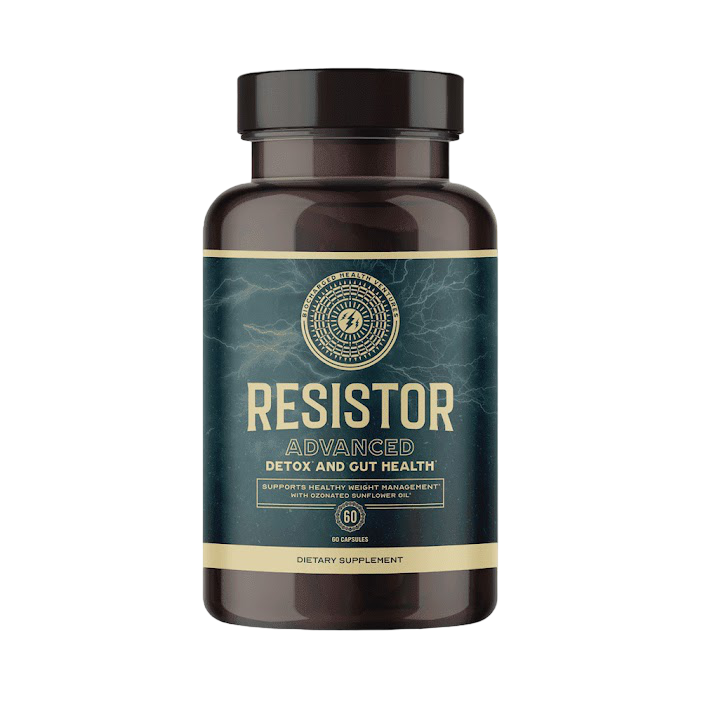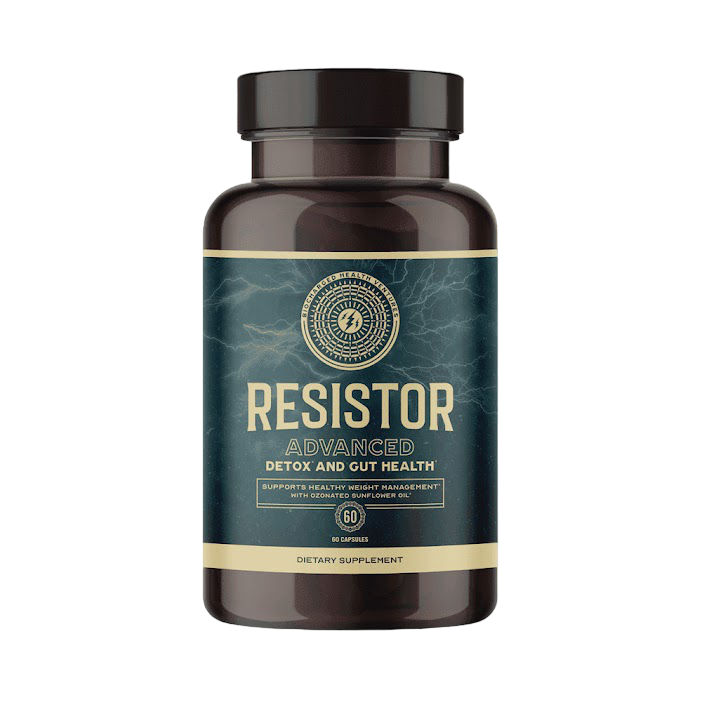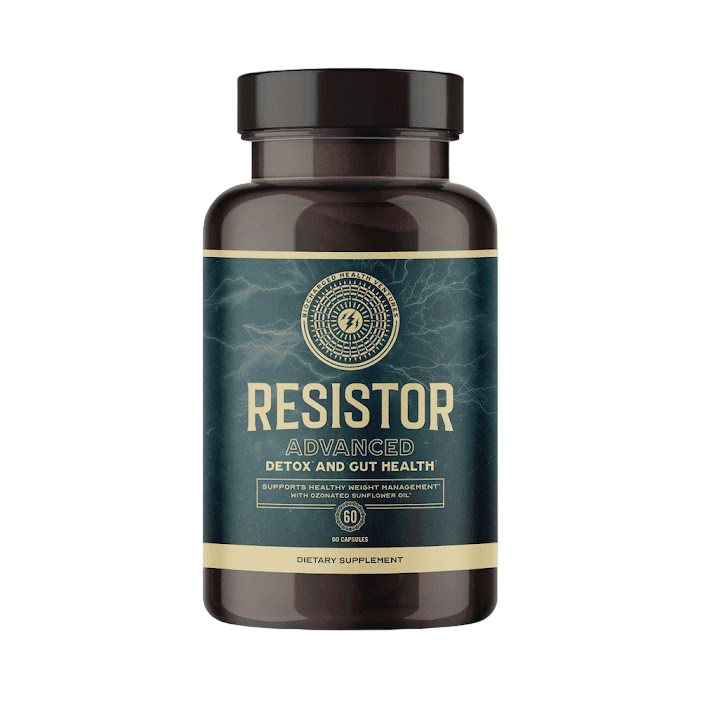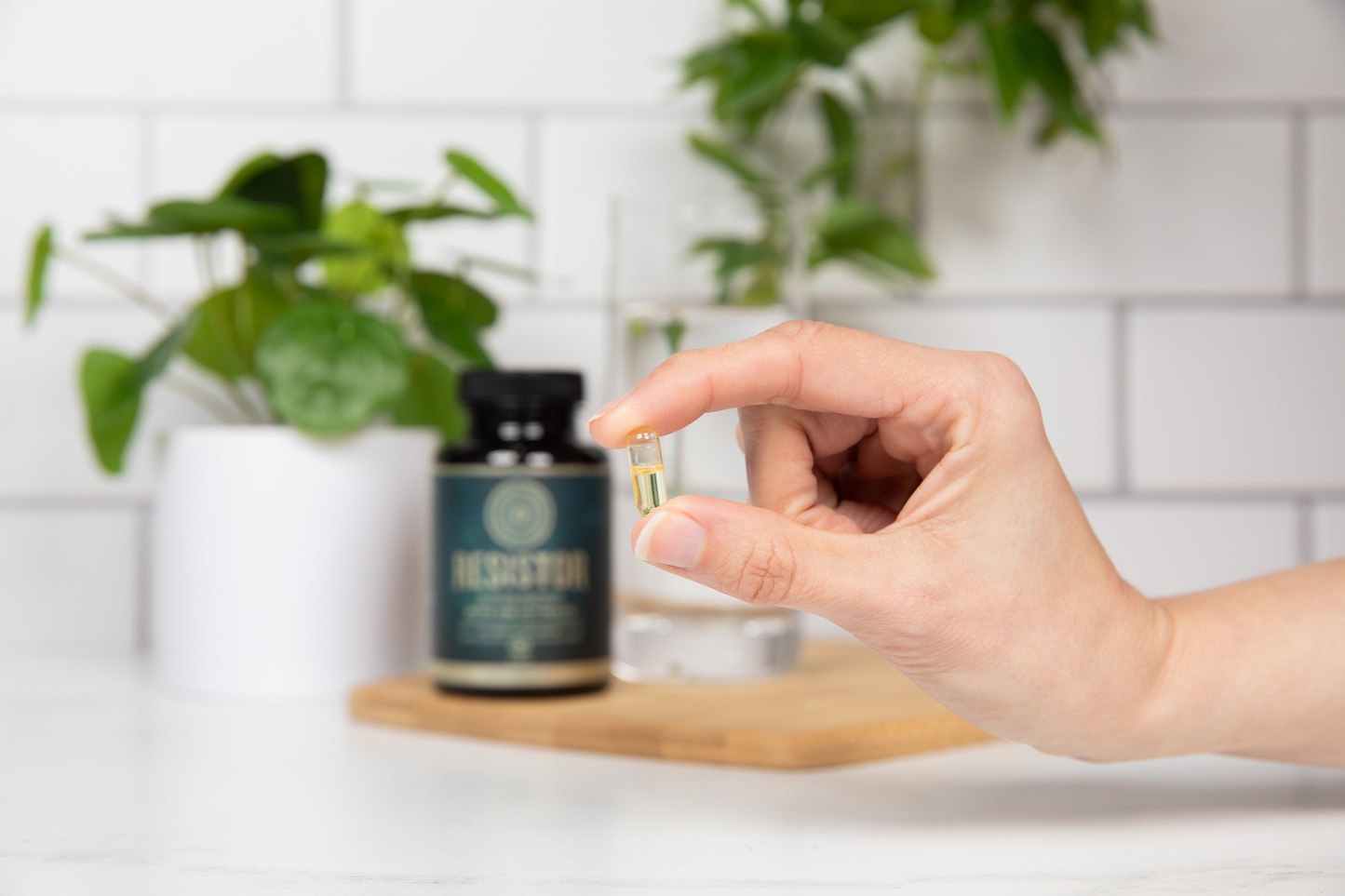Mitochondria and Body Fuel
Mitochondria acts as the powerhouse by making energy for our cells to carry out their biochemical duties. Such duties include walking and talking.
Mitochondria are at the center of cellular activity, and therefore a vital part of our health. Increasing mitochondrial function is one of the most effective ways to improve your overall energy levels.
The Mitochondrion needs oxygen and healthy glucose levels, magnesium, omega-3 fatty acids, B vitamins, L-carnitine, and alpha-lipoic acid. When mitochondria don’t work correctly, the dysfunction can often be traced to inadequate amounts of these nutrients, and it might take years to become noticeable.

How to Boost Your Mitochondria
1. Update your dietIntermittent fasting and caloric restriction are two methods that can offer a wide range of health benefits like lowering the production of free radicals, which can damage mitochondria.
According to PANS, calorie restriction (CR) is the most robust, nongenetic intervention that increases lifespan and reduces the rate of aging in a variety of species. CR can decrease mitochondrial electron flow and proton leaks to attenuate damage caused by reactive oxygen.
Maintaining a balanced diet rich in omega-3 fatty acids, antioxidants, B vitamins, and amino acids can also help nourish your mitochondria.
As always, please consult your medical provider or nutritionist before making changes to your diet.
2. Get some sun!
In EdgeScience magazine, Gerald H Pollack explains that sunlight can build up your body’s Exclusion Zones, EZs. Sunlight creates a negative charge which increases the mitochondrial membrane potential and improves its overall function. You can watch a TEDx talk to learn more about this process.
Bonus! By stepping into nature, you’ll also receive a free dose of vitamin D. Scientific Reports says spending 120 minutes in nature each week can have a positive impact on your mental health.
3. Move Your Body
Consider the phrase “move it or lose it” in this scenario. Your mitochondria produce energy that allows you to move your body. When you exhaust your energy through regular exercise, your body is forced to create more energy. Regular exercise keeps this process going, and it lowers inflammation levels which are important to your health because high inflammation levels can harm mitochondria.
4. Stress Management
Stress reduction techniques like meditation, massages, and better sleep can all have a positive effect on your mitochondria. Psychological stress and the stress hormones it produces, like cortisol, can harm mitochondria if the body experiences an allostatic overload. Repairing and reducing this kind of damage by gaining a support system and seeking help can lead to better health.
An article from ScienceDirect says mitochondria are endocrine organelles that provide both the energy and signals that enable and direct stress adaptation. At the cellular level, energy is largely derived from mitochondria. Thus, protecting your mitochondria is fundamental to one’s health.
Additional Support
Some people find that a holistic mix of treatments, diet, exercise, and supplements are the best way for them to boost their mitochondria and live a healthier lifestyle.
Biocharged’s Resistor may be an option for you as it has similar effects of ozone therapy in a time-released capsule.
We start with certified organic sunflower oil and treat it with pure ozone. The end product includes stabilized ozonides. The charged ozonated oil helps speed your body’s ability to renew mitochondria at a faster rate and increases digestible oxygen. This accelerated cellular turnover equips the body with added energy to support detox and gut health.
Please consult with your health care provider before beginning a new diet or taking supplements.









